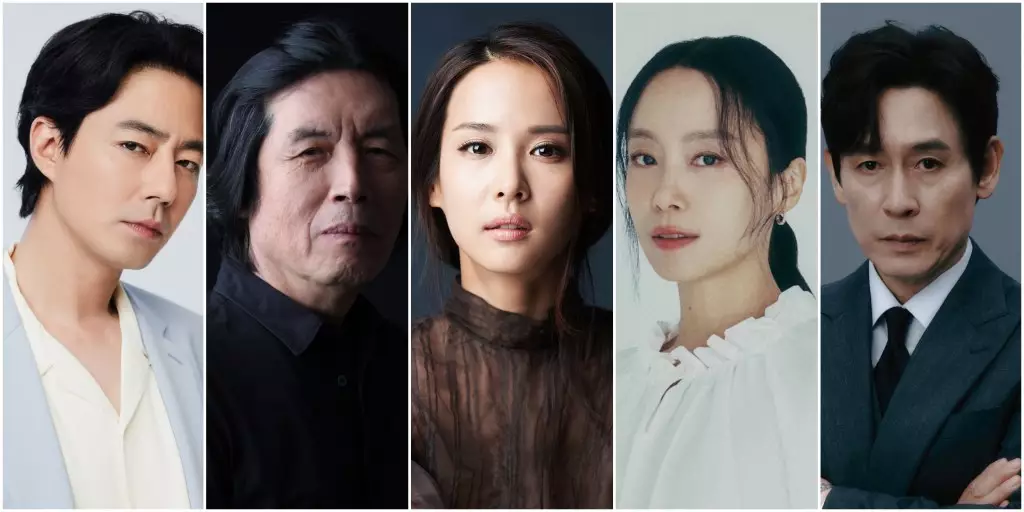After an eight-year hiatus, director Lee Chang-dong makes a daring return to filmmaking, signaling a compelling rediscovery of his artistic voice. Known for his incisive portrayals of Korean society’s intricacies, Lee’s reintegration into the film landscape is not a mere comeback but a statement of creative resilience. His new project, “Possible Love,” promises to challenge viewers with its profound exploration of human relationships and social divides, juxtaposed through the intertwined stories of two contrasting couples. This film is poised to reaffirm Lee’s reputation as a master of nuanced storytelling, underscoring his capacity to dissect human fragility without the crutch of sensationalism.
Reuniting with Talented Casts to Deepen Narrative Complexity
Lee’s decision to reteam with Jeon Do-yeon—a powerhouse actress who earned global acclaim at Cannes—suggests a deliberate intent to craft a character-driven story that delves beneath surface appearances. Jeon’s portrayal of Mi-ok will undoubtedly carry the emotional weight of the film’s core themes. Alongside her, Sul Kyung-gu, easily recognizable for his roles in films that scrutinize Korean societal norms, reinforces Lee’s commitment to casting actors who can embody layered, imperfect characters. The inclusion of Zo In-sung and Cho Yeo-jeong further signifies an ensemble capable of portraying the intricacies of their respective characters’ worlds. This assembly of talent hints at a film that eschews superficial storytelling in favor of confronting uncomfortable truths—something Lee’s audience expects and deserves.
Thematic Depth: Social Divisions and Personal Fractures
“Possible Love” appears to set itself apart as more than a simple romantic drama; it’s a meditation on how contrasting lives collide and how that tension reveals societal fissures. Lee’s previous works, such as “Oasis” and “Poetry,” have consistently examined the darker, often overlooked facets of life, emphasizing that beneath the surface lie profound human vulnerabilities. His knack for portraying Korean life’s complexities suggests that “Possible Love” will continue this tradition—highlighting how societal disparities and personal secrets threaten the stability of even the most mundane existences. The film’s premise of intertwined lives will serve as a vessel to explore the fragile veneer of everyday routine, suggesting that beneath stability lies a potential for rupture at any moment.
Why Lee Chang-dong’s Return Matters
In an era where mainstream cinema often favors spectacle over substance, Lee’s return symbolizes an essential recalibration toward authenticity and emotional honesty. His films do not shy away from confronting uncomfortable realities, and his absence has left a void in South Korean cinema’s more contemplative corners. The collaboration with close associates such as Oh Jung-mi and Pinehouse Film guarantees that “Possible Love” will be rooted in genuine artistic pursuit rather than commercial compromise. As a filmmaker rooted in social consciousness, Lee’s latest effort is a reminder that cinema remains a potent mirror reflecting societal truths—truths that are often difficult, complex, and uncomfortable to face but necessary nonetheless.
In a landscape saturated with superficial narratives, Lee Chang-dong’s comeback is a vital affirmation that cinema’s power lies in its ability to explore human fragility with honesty, daring viewers to confront the uncomfortable truths about love, society, and ourselves.


Leave a Reply